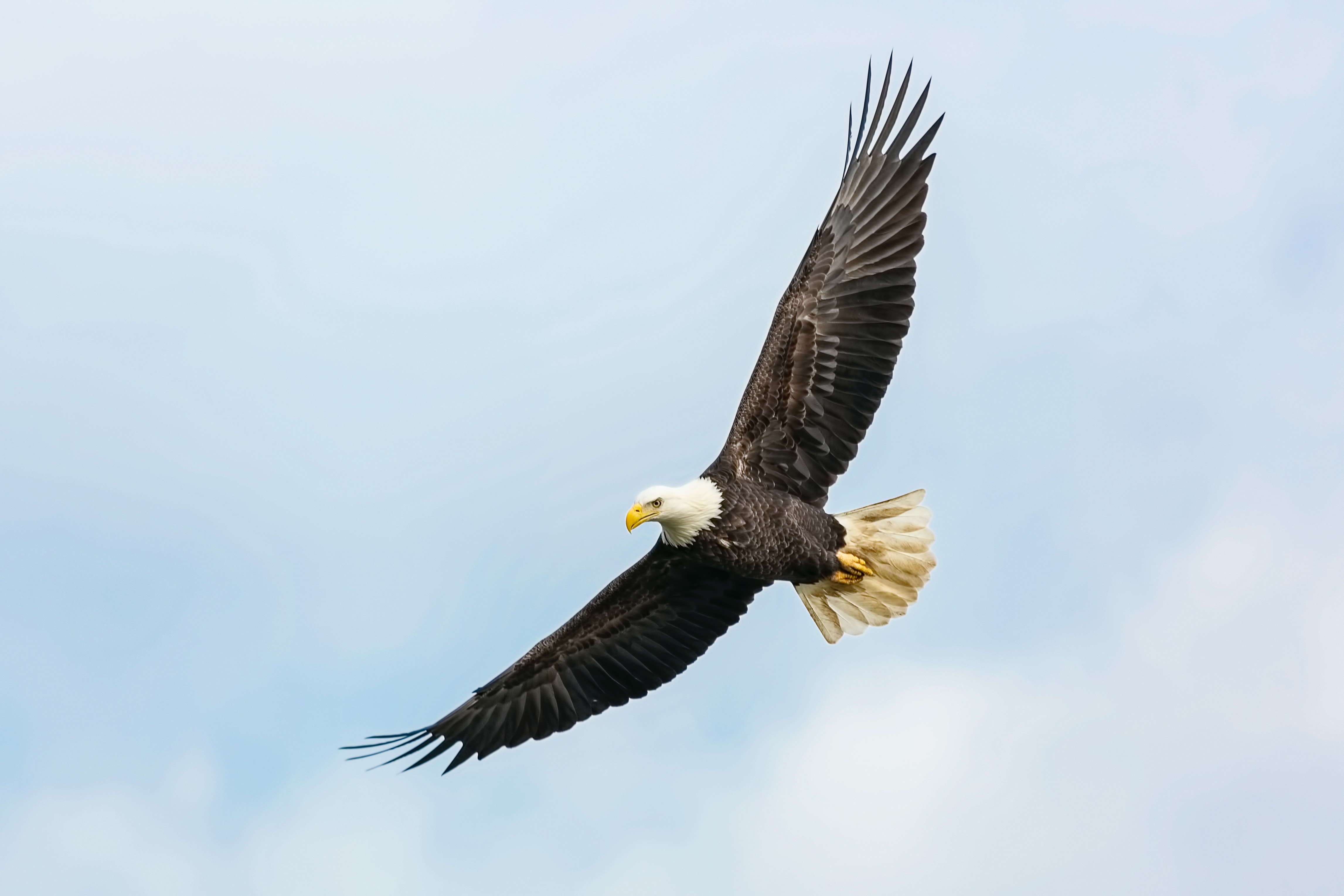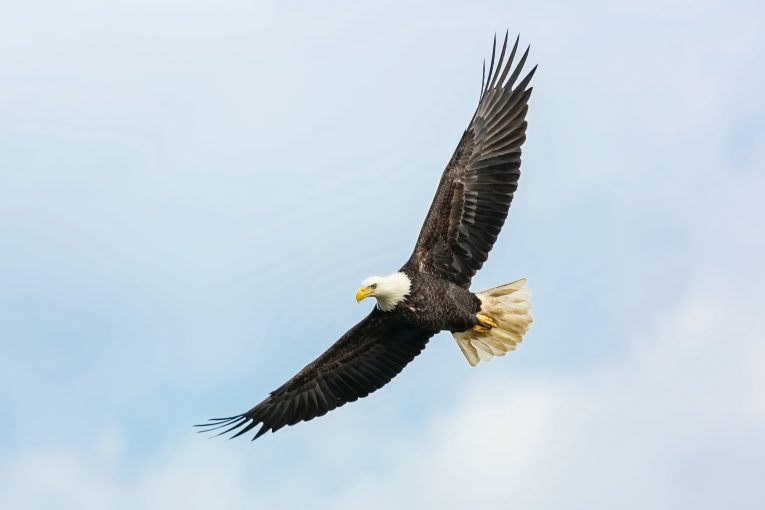
 By F. Orlando Wells
By F. Orlando Wells
I looked up as I drove north on Interstate 5 heading for Washington State in search of my tribal roots, when I saw a huge eagle flying ahead of me as if leading me home.
I have spent a lifetime trying to find my way home and my identity. That probably sounds strange, who doesn’t know who they are?
The truth is that Native people have been so systematically eradicated that much of who we are as a people has been lost. So it stands to reason that many of us who are survivors of generations of attacks on our culture and very existence have in fact lost our identities.
At 3, I was placed in another foster home in Alameda. It was a terrible family. The  weather was storming with howling winds when a loud banging began on the front door. Carmen, the foster mother, answered while I hid under the dining table, watching.
weather was storming with howling winds when a loud banging began on the front door. Carmen, the foster mother, answered while I hid under the dining table, watching.
She kept the chain on the door and peeked out. There in the darkness was a small, old woman who was yelling in a strange yet familiar language. Switching to English she hollered “give me back my grandson! He is not yours. He belongs to his people. GIVE HIM TO ME!”
I didn’t know who she was referring to until she said my name. “Orlando, hear me! You do not belong here. You belong with your family. Come with me boy. I will bring you home!”
I was very scared but inched out from under the table toward her. Carmen tried to close the door but my grandmother fought to keep it open when she saw me trying to come to her. As the door began closing, she yelled “Orlando never forget Swinomish, son. Remember Swinomish, REMEMBER SON!”
I was close enough now to see streaks of her tears on her face as the door was closing and I was suddenly sobbing too. There was a profound sense of loss and finality in that moment, which proved to be a pivotal moment in my life, impacting the years to come.
Seven years I spent in that miserable place, enduring the worst abuses imaginable , never once forgetting just how alone I was in the world and realizing that no one was coming to save me.
A white family adopted me at 9, but I ran away at 13, never able to trust them or connect because of the many unseen scars I bore on my heart. I could trust no one, especially authority figures.
At 29 I began redefining my life and committed to finding my biological family. The journey across the internet, Mormon genealogy division and other searches were dead ends. No Swinomish people, tribe or history found. My wife told me to try the Bureau of Indian Affairs, which I did.
The person there happened to about Swinomish, saying that it was not a people, tribe or language but the name of a reservation in LaConner, Washington. He gave me the tribal office number and wished me luck.
Nervously, I called and a young woman answered. I told her my story and at the end, she simply said, “Hey, boy, what took you so long to find your way home? We’ve been waiting for you.” She was my first cousin, Darlene. The emotions of that moment were overwhelming, confusion, joy, fear, gratitude, and anxiety.
Darlene told me that my older brother, Bobby, lived in San Francisco, an hour away from me. She gave me his number and I called, then went to meet him that very night. He took me to my first Native ceremony. He told me I should go home and begin learning the culture, traditions, and language to take my place among our people and learn how to serve them.
I rode with the wind in my face on my Harley heading home for the first time when I looked up and saw that huge eagle flying ahead as if leading me home. This isn’t about my tragedies or struggles but about returning to my origins to find my identity.
Many of us in prison have lost our true selves and aren’t living authentically because we don’t know who we truly are.
Giving back gave me context to the alternative to how I was socialized. It’s a different perspective. Our thinking patterns and belief systems are developed way back when we were young and influence who we become as people.
In order to truly embrace change, journeying back to where these patterns originated is a way to really understand why what we have thought and believed all our lives has contributed to our destructive lifestyles.
Knowing who we are is imperative to knowing what caused our negative and destructive behaviors which have caused so much harm. It is, after all, directly associated with our decision making processes. Changing our thinking patterns toward doing good and positive things leads to connectivity that we may have lost earlier. Connected to family and community, as it should be, will help change perspective in order to become our authentic selves.
I’ve always known that I was Native, but didn’t know what it meant to be a Native until I found my way back to where my identity began generations ago.

